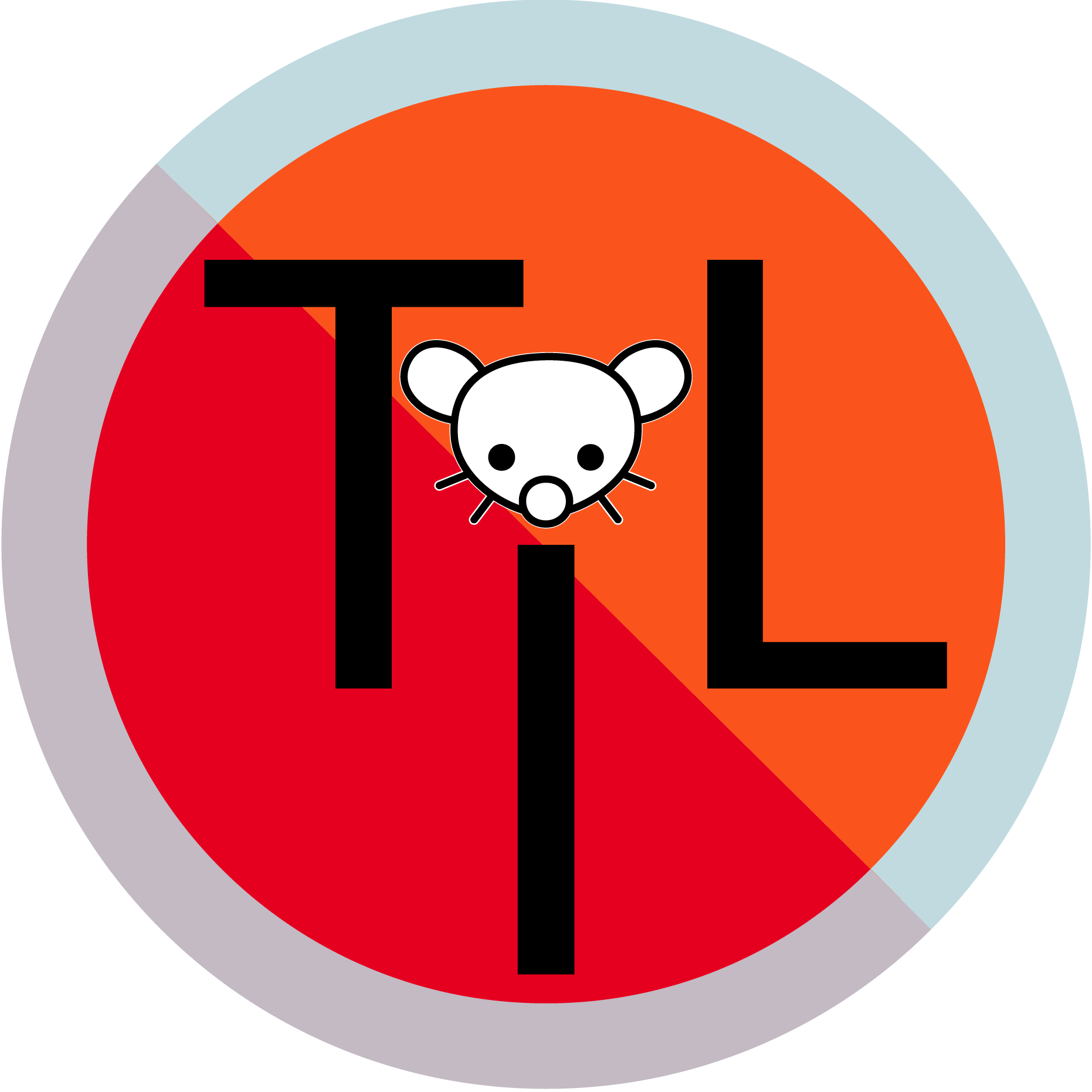

It’s not about actually caring about making minors safer on their platform, or caring about giving tools to guardians to help keep minors safer on their platform.
It is about having something to point to the next time Meta is called in front of a congressional subcommittee to discuss proposed regulations. Look, we did positive things to our platform in the name of protecting minors, and we did it voluntarily, despite what losses we saw in that demographic! We definitely can (and so totally do) put the control of those protections in the hands of parents, where it belongs! We don’t need to be regulated, because we’re doing it ourselves already!


Some extra fun details from the staff discussions around this: Valve is not interested in control of the distro, but are mainly interested in funding work on projects that are chosen by Arch staff, and are already things that Arch staff wants to implement. The projects chosen are indeed things that Valve also want to be part of the distro’s infrastructure, but the process has been totally in the hands of Arch staff.
I gotta say, it’s been really cool to see Valve go through the process of considering OSS as not just a useful tool or worthwhile target, but as a robust collaborator.
First, they build and maintain their client on Linux, and build their games to run natively on Linux, learning that things aren’t actually as difficult as it’s commonly made out to be, and the things that are more difficult than they need to be can be fixed by working with and contributing to the existing community.
Then they consider building their own hardware, but try the half-way approach of building SteamOS on top of Debian, and depending on existing hardware vendors to build machines with SteamOS in mind, learning that there’s a lot of unnecessary complexity around both of those approaches to that goal.
Then they learn how to develop and build 1st party hardware with the SteamLink and Steam Controller.
Then they put the lessons from the Steam Machine project into practice by dumping loads of time and effort into Proton, knowing that they won’t have the market unless they can get Windows games to run on Linux in a reliable and seamless way.
Then they put all that knowledge and effort together to do the impossible: unite PC gamers of both Windows and Linux flavors under the banner of the SteamDeck, a fully gaming-focused, high-quality, and owner-friendly piece of kit that kicks so much ass that it single-handedly pulls a whole category of PC hardware out of obsurity and into the mainstream.
And what do they do with that success? Literally pay it forward by funding work on the free software that forms the plinth that their success stands upon.
Good on Valve.